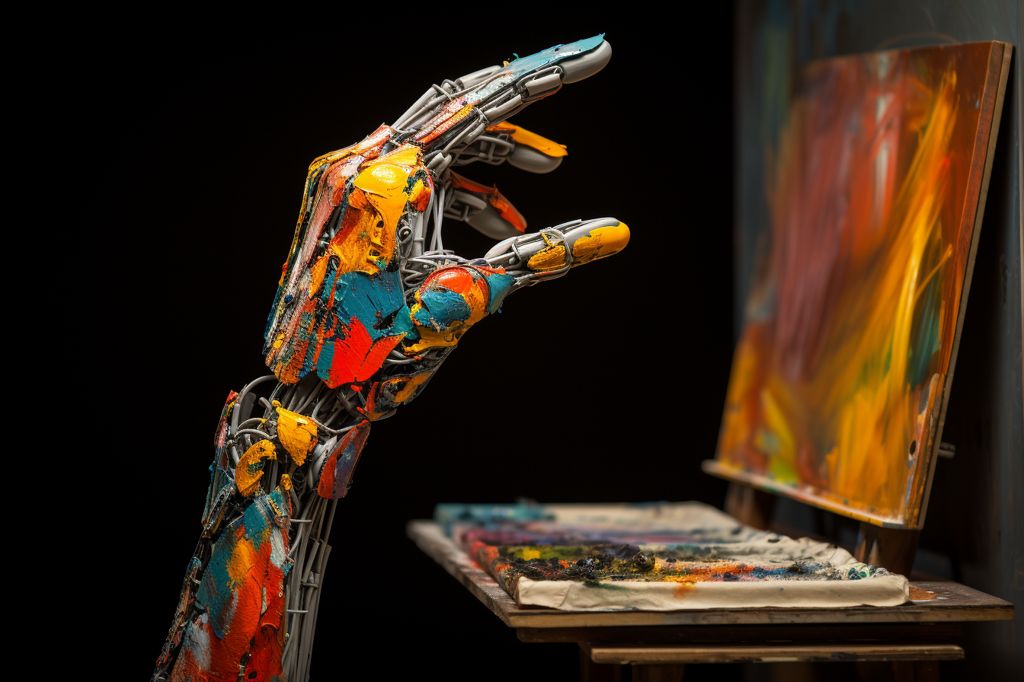The Evolution of Intellectual Property
Intellectual property has been a topic of debate for at least five centuries. Each new wave of technology or creativity leads to new arguments surrounding intellectual property rights. We have experienced discussions on performance rights for composers, the protection of photography as art, and copyright issues in the 20th century relating to recorded music, VHS, and sampling. Generative AI now presents fresh questions to consider.
Unique Challenges Posed by Generative AI
With the advent of generative AI, it is possible to create a song in the style of a particular artist or the top pop hits of the last decade. Artists have been creating pastiches, works that imitate the style of other artists, without having to pay a fee. So, if we use a computer for that, do we need to pay them? The answer to this question remains uncertain.
In the art world, some see the creation of images in the style of a particular artist as theft, while others in the art community disagree. The consensus on this issue is yet to be reached.
AI and News Content
There is another dilemma when it comes to AI summarizing news content from various websites. While summaries are generally not considered to be covered by copyright, using AI to provide summaries on a massive scale could lead to disputes over intellectual property. The outcome of this debate may depend on the principles we decide to apply, rather than the current legal framework.
The Intricacies of AI Models and Training Data
AI models like ChatGPT rely on large amounts of data, including content from websites, books, and articles. However, these models do not keep the data; they deduce patterns from the massive quantities of text they are exposed to. This raises the question of whether using AI models to create new content constitutes a breach of copyright or fair use.
Additionally, generative AI models may soon require less data to achieve the same results, rendering this debate less significant.
The Output and Ownership of AI-generated Art
When it comes to the output of AI models, there is a question of who owns the intellectual property rights to the new content. If an AI model is used to create entirely new and original music or art, who should be credited for the creation?
Using AI models as tools for creating art or content has its merits and challenges. Finding the “good stuff” among vast amounts of AI-generated content may become a pressing issue in the future.

